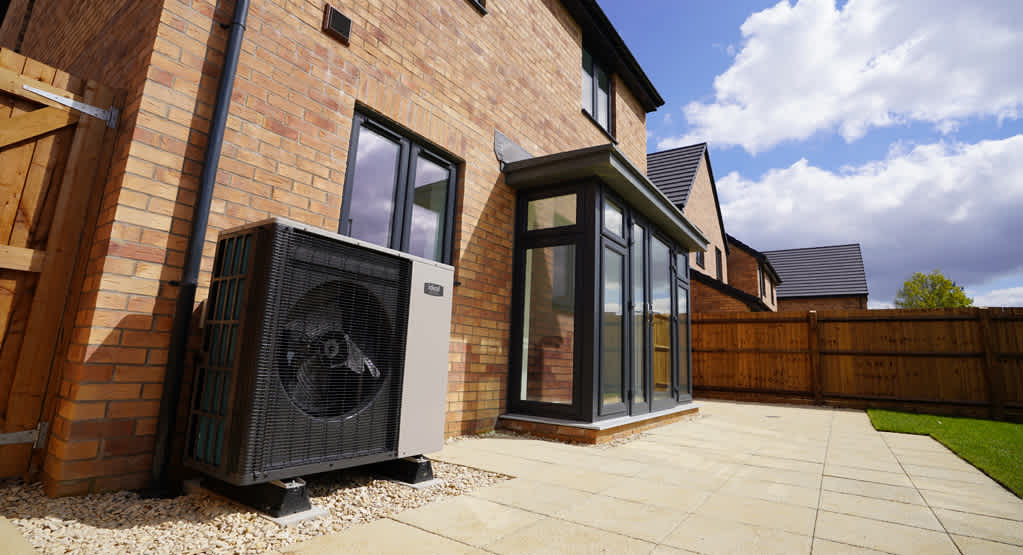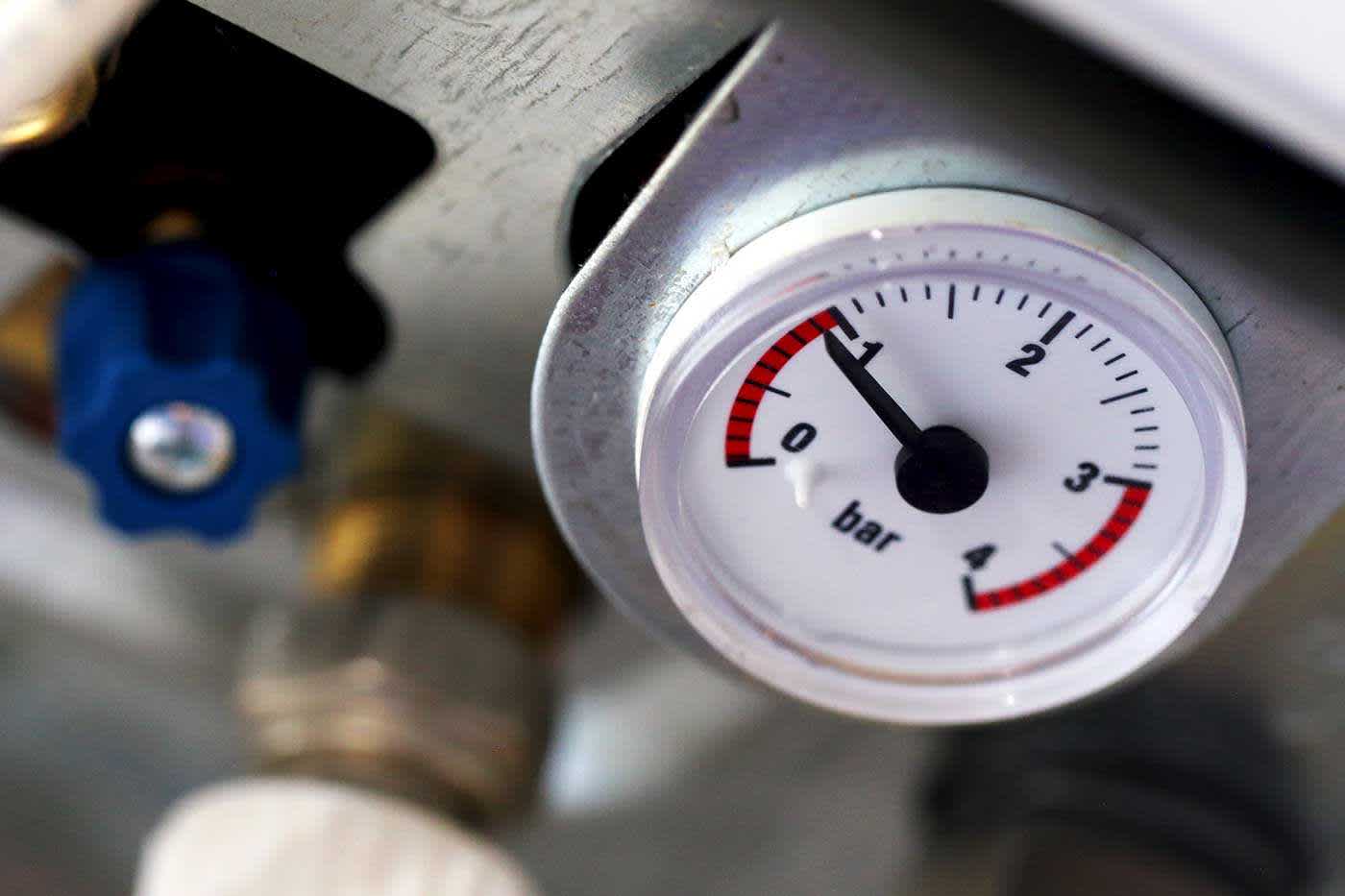
Selecting, installing and setting up your new heat pump
Heat pumps are quickly taking the world by storm regarding eco-friendly heating systems. Offering efficient heating and cooling while significantly reducing carbon emissions, heat pumps are becoming increasingly popular for modern homes.
If you're considering investing in one for your home, it's crucial to understand everything there is to know about heat pumps and the installation process.
Heat pump confidence
So, you’ve decided that an air-source heat pump offers the efficiency and environmental benefits you want. The next stage is choosing and installing a heat pump. This process can seem complex, but it's very straightforward with the proper guidance. As experts in home heating, we're here to walk you through each step, ensuring you have the confidence that comes from making a well-informed decision.
In this guide, we'll take you through the step-by-step process, from selection to installation, to ensure you get the most out of your eco-friendly investment.
How to choose the right heat pump for your home
The most important first step is selecting a heat pump. Your choice will depend on several factors, and a qualified installer is the best person to help you assess these.
The type of heat pump
There are several types of heat pumps, including air source (ASHPs), ground source (GSHPs), and water source heat pumps (WSHPs). Each has a range of benefits and suitability depending on your location, budget, and property size.
For more information, check out our guide to different types of heat pumps.
Heat pump size and capacity
Choosing the right size of heat pump for your home is essential for optimal performance. A heat pump that is too small won't effectively heat or cool your space, while one that is too large will overwork, leading to inefficiency and increased wear and tear.
Energy efficiency
When measuring a heat pump’s efficiency, we typically look at the Seasonality Coefficient of Performance (SCOP). For optimal performance, look for heat pumps with an energy efficiency rating of 3.5 or above. These will save you money on your energy bills and have a lower environmental impact.
At Ideal Heating, all of our heat pumps have a SCOP of up to 5.19 under lab testing. While this is lower in practice, efficiency remains consistently high.
Installation costs of a heat pump
Cost is a significant consideration when it comes to selecting and installing a heat pump. The upfront cost of purchasing a heat pump can vary depending on factors such as the type, size, brand, and energy efficiency rating. Typically, air-source heat pumps are the most cost-effective option, due to no drilling being required, unlike ground-source heat pumps.
Despite the initial investment, heat pumps can offer significant long-term savings on energy bills compared to traditional heating systems. Government incentives are also available, such as the Boiler Upgrade Scheme, which offers grants of up to £7,500 to homeowners who want to switch to a heat pump.
Our advice is to gather as much research as you can upfront, alongside any initial installation quotes, before making the decision to invest in a heat pump.
To help you get started, check out our guide on heat pump costs explained or read our blog on everything we know about the new Boiler Upgrade Scheme. For more information on heat pumps' advantages and disadvantages, read our expert guide on everything you need to know about heat pumps.
The heat pump installation process
Once you've selected the right heat pump for your home, it's time for installation by a qualified heat pump installer. Here's what the installation process typically involves:
Site assessment: A qualified installer will assess your property to determine where to install your heat pump, outlining any necessary modifications that may be required.
Installation: This involves mounting the outdoor unit (for air source heat pumps), installing the indoor control unit, and the hot water cylinder. It may also include setting up the heat pump controller and thermostat.
Electrical connection: Your heat pump must be connected to your home's electrical system. A certified electrician should do this to ensure compliance with safety regulations.
Testing: Once installed, the system will be tested to ensure everything works correctly. The installer will also walk you through the heat pump operation and any maintenance requirements you should adhere to.
Setting up and using your heat pump
After installation, there are a few steps you can take to ensure your heat pump operates efficiently:
Thermostat settings
Set your thermostat to the recommended temperatures for heating. Avoid frequent adjustments, as this can reduce its effectiveness.
Regular maintenance
Schedule regular services to keep your heat pump well-maintained. This will help prevent issues and prolong the life of your system.
Customised controls
Take advantage of custom controls that may apply to your heat pump. These controls will allow you to time your heating schedule according to your daily routine, which can help to reduce energy consumption further.
Find a Qualified Local Installer
The key to a successful heat pump, from selection to installation, is working with a qualified professional. They possess the expertise to assess your home accurately, recommend the right products, and ensure a safe and efficient installation.
At Ideal Heating, we can help you find a trusted, fully trained installer in your area. Use our local installer finder to start your journey to a warmer, greener home today.
Discover Expert Tips on Heat Pumps & More at Ideal Heating
Following the above steps, you can select, install, and set up your heat pump for optimal performance and efficiency. Remember, choosing a reputable manufacturer and hiring qualified professionals for installation and maintenance is key to maximising your investment.
With the right heat pump, you can enjoy reliable heating and cooling while reducing your carbon footprint for years.
Heat pump FAQs
How long do heat pumps last?
The lifespan of a heat pump can vary depending on factors such as usage, maintenance, and quality of installation. Well-maintained heat pumps can last between 15 to 20 years or more.
Do heat pumps require regular maintenance?
Regular maintenance is essential to ensure your heat pump works safely and efficiently. This includes cleaning or replacing filters, inspecting components for wear and tear, and checking refrigerant levels. A qualified installer should schedule annual maintenance.
Want to know more about what a heat pump maintenance check entails? Read our guide on what to expect from a heat pump service.
Are heat pumps suitable for all types of properties?
Heat pumps suit various properties, including homes, offices, commercial buildings, and industrial facilities. However, factors such as property size, insulation levels, and available outdoor space should be considered when selecting the most appropriate type and size of heat pump.
Do heat pumps work in cold weather?
Heat pumps can work effectively in cold climates as modern models are designed to operate efficiently in a wide range of conditions. Learn more in our guide: Do heat pumps work in winter & cold weather?
Visit the Ideal Heating blog for more tips on heat pumps and the latest updates on sustainable heating solutions. Contact us if you have any other queries - our customer service team will be happy to help.

















